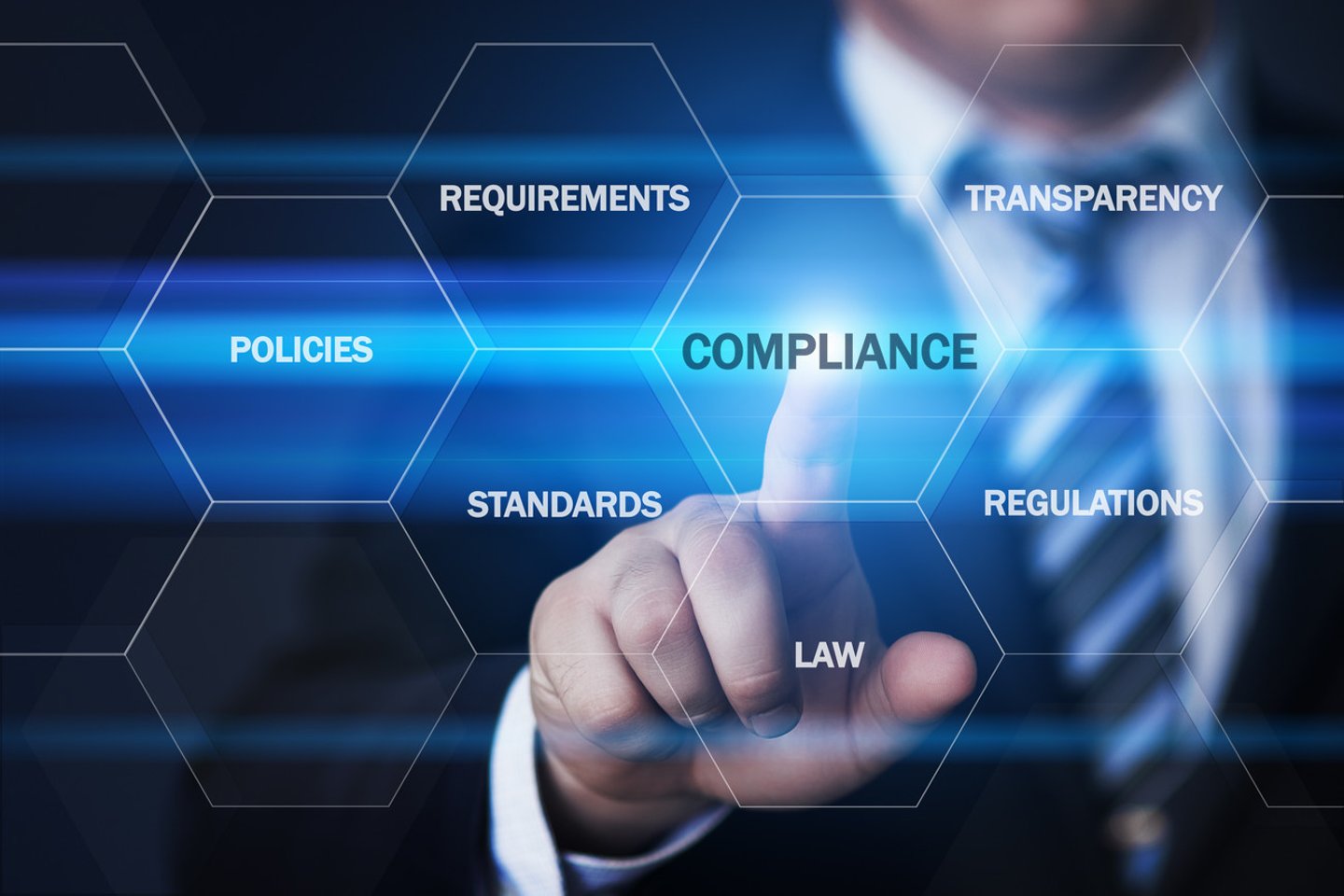Survey: Companies expecting more employment-related litigation
In an election year that could significantly impact the future of employment and labor law, U.S. employers expect heightened regulatory enforcement as they navigate workplace issues, including the disruptive impact of AP and divisive political beliefs among employees.
That’s according to the “12 Annual Employer Survey” by Littler, the world’s largest employment and labor law practice representing management. Retail and hospitality respondents expressed particular concern about litigation related to discrimination and harassment (81%), wage and hour/pay practices (71%) and retaliation (63%).
The study found that employers are seeing increased requests from employees for leaves of absence or accommodations, especially relating to mental health and pregnancy/childbirth. Respondents in the retail and hospitality sectors revised or expanded their policies that address pregnancy, childbirth or other related medical conditions (57%) and employee mental health (36%) to a greater extent than overall respondents.
The Littler survey draws on insights from more than 400 in-house lawyers, business executives and human resources professionals—36% of whom hold C-suite positions—to reveal how employer expectations and workplace policies are evolving in a consequential year for U.S. businesses.
The survey found that the polarized political environment brings challenges for employers when it comes to managing their workplaces. The vast majority of respondents (87%) say they are concerned about managing divisive political and social beliefs among employees leading up to the 2024 election.
With 2024 a major election year, U.S. employers appear to be expecting a slower pace of legislation across key areas of employment law. The major exception was for laws governing AI use in HR functions, where expectations of employment law-related changes jumped to 51% this year, from just 20% in the 2023 survey, as both state and federal lawmakers look to impose guardrails on the nascent technology.
At the same time, employers are bracing for increased enforcement by regulatory agencies and an uptick in employment-related litigation:
•79% expect a moderate or significant impact from compliance and enforcement efforts by the U.S. Department of Labor over the next 12 months, compared to 65% who said the same earlier in the Biden administration, in 2022.
•73% anticipate a moderate or significant impact from the National Labor Relations Board (NLRB) in the year ahead, compared with just 43% in 2022.
•Litigation concerns are up across the board compared to last year’s survey, with employers concerned about litigation involving discrimination and harassment (63% in 2024, compared with 58% in 2023) and wage and hour issues (59% in 2024, compared with 54% in 2023), among several other areas.
•75% say they are tracking in-office attendance, with the largest share (51%) tracking badge swipes when an employee enters the building
“While all eyes will certainly be on the outcome of the presidential election, which will shape the direction of employment and labor policy for years to come, employers right now are feeling the impact of various activities and initiatives from regulatory agencies,” said Michael Lotito, co-chair of Littler’s Workplace Policy Institute. “The NLRB in particular has been pursuing an agenda to reshape U.S. labor law and overturn decades of well-established NLRB precedent, leading to significant changes affecting both unionized and non-union workplaces.”
AI
As generative AI continues to attract both interest and scrutiny across the business world, employers are split in terms of their adoption of such tools for HR functions: 51% of respondents say their organizations do not use them, while 49% do in some form. For those that have leveraged generative AI in HR and talent acquisition, the most popular applications include the creation of HR-related materials (26%) and self-service chatbots for internal questions about policy or procedures (24%).
Even employers that deploy both predictive and generative AI tools in HR processes have reservations about the risks they present. Nearly three-quarters of respondents are moderately (41%) or very concerned (30%) about the challenges of complying with data protection and information security laws at the state, federal and/or international levels.
“Employers should be intentional about their generative AI usage, not only with regard to whether they use it at all, but also how, why and when,” said Niloy Ray, Littler shareholder and a core member of the firm’s AI and technology practice group. “Policies governing the safe usage of AI can help protect against inadvertently running up against data privacy, discrimination and other potential vulnerabilities, along with the reputational issues that can stem from AI hallucinations.”
Other highlights from the survey are below.
•79% of respondents expect a moderate or significant impact from compliance and enforcement efforts by the U.S. Department of Labor over the next 12 months, compared to 65% who said the same earlier in the Biden administration, in 2022.
•73% anticipate a moderate or significant impact from the National Labor Relations Board (NLRB) in the year ahead, compared with just 43% in 2022.
•Litigation concerns are up across the board compared to last year’s survey, with employers concerned about litigation involving discrimination and harassment (63% in 2024, compared with 58% in 2023) and wage and hour issues (59% in 2024, compared with 54% in 2023), among several other areas.
•While 71% of respondents say their organizations operate under some form of a hybrid work schedule (the same proportion as last year’s survey), there was a notable shift toward more days spent working in person than remotely. Specifically, 39% now have hybrid schedules with employees working more days in person than remotely, compared to 31% in 2023.
The full survey report explores these and other timely issues impacting the workplace in greater depth, including the impact of efforts to restrict non-compete agreements, addressing pay equity issues, and uncertainty surrounding corporate diversity initiatives. Click here for the full survey.


